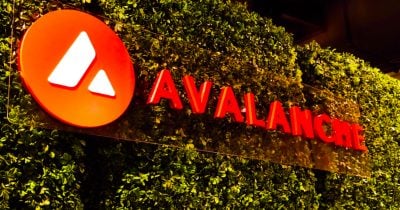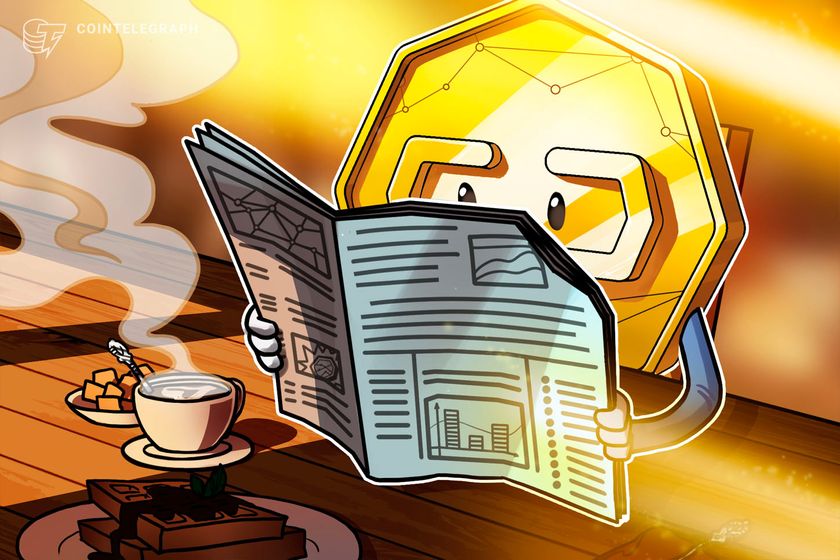Meet AI16z DAO, a budding, blockchain-based, AI-driven investment initiative that is trying to blow up the familiar script of top-tier VC firms. But this project, a DAO (Decentralized Autonomous Organization) fueled by artificial intelligence, wants to show the world that the “special sauce” behind Silicon Valley’s gatekeepers can be publicly replicated, community-owned, and improved with a dose of machine learning.
Now, the idea of a DAO reinventing the venture capital model might sound far-fetched, even a little pretentious. After all, we’re talking about one of the most influential business ecosystems on the planet—a place where power, connections, and human intuition have historically reigned supreme. But AI16z takes a contrarian view: Why not let algorithms and a decentralized community do the heavy lifting that’s traditionally performed by a handful of high-profile partners? The concept: a self-governing, token-incentivized collective that uses AI to identify, evaluate, and invest in startups, all without the gatekeepers who usually hand down verdicts behind closed doors on Sand Hill Road.
To understand why AI16z exists, you have to appreciate the stark contrast between old-school VCs and the crypto-native mindset. On one side, legacy investors have proprietary deal flow, massive brand recognition, and an opaque decision-making process. On the other, you have a group of pseudonymous founders behind AI16z who believe the code running on decentralized blockchains, combined with open-source machine learning, can replicate and eventually outperform the gut instincts of well-heeled human partners. In essence, they’re doubling down on the radical idea that cutting-edge data models can understand market signals, user growth patterns, and team potential as well as (or better than) some famed human investor who sips coffee in Menlo Park.
“I think we’ve basically open-sourced the a16z playbook,” said one of AI16z’s pseudonymous organizers in a recent online chatroom. “The big VCs love to claim their success is due to their incredible networks and intuition, but we believe these strategies can be systematically coded, enhanced with data, and curated by a global community rather than a handful of insiders.” Those involved argue that the concept represents a genuine shift in power: Instead of startups hustling to impress a few star investors, they can pitch their ideas to an open, AI-driven process that tries to focus on fundamentals and signals hidden in plain sight.
Blockchain-based GovernanceThis is all enabled by blockchain-based governance. In a DAO, decisions aren’t made by board members or a charismatic general partner—token holders vote. AI16z pushes this idea further by placing the AI’s recommendations at the center. The machine learning models might rank potential investments based on code quality in GitHub repositories, social media sentiment, long-term user retention patterns, or even on-chain analytics pulled from decentralized platforms. If the community decides to trust these AI-driven insights, the DAO can allocate funds accordingly. If the community loses faith in the model’s predictions, well, they can vote to adjust the algorithms, change the data sources, or scrap the AI’s recommendations entirely. It’s a living, breathing process.
Source: X
Are there any results to show for all this talk? It’s still early days. While AI16z has created plenty of buzz, it hasn’t yet shaken the foundation of the traditional VC world or toppled the likes of a16z itself. Critics argue that no AI algorithm can accurately measure the intangible elements—founder grit, off-the-record referrals, subtle cultural cues—that factor into early-stage investing. Data can be manipulated, signals can be misleading, and hype can still move markets in ways that don’t appear in a spreadsheet. As a skeptic might say, “Who wants to rely on a neural network to guess which scrappy startup will become the next Airbnb when we barely trust algorithms to serve us the right playlist?”
But AI16z’s proponents aren’t naive. They see their model as an iterative experiment. The vision isn’t to dethrone Andreessen Horowitz overnight—these are early prototypes, a work-in-progress. Yet the point is to spark conversations and action. In a world increasingly shaped by open-source communities, token-based incentives, and global participation, the idea that only a privileged few should direct capital toward innovation starts to feel downright archaic. As AI16z sees it, if software can eat the world, why shouldn’t it also eat the VC model?
It’s a radical stance, and perhaps that’s the point. By blending AI’s pattern-recognition with crowd-sourced governance, AI16z DAO aims to chip away at the structural imbalance that’s kept Silicon Valley’s legacy investors so powerful. Sure, nobody’s proclaiming the old guard finished just yet. But the next generation of capital allocators might be more like open-source communities animated by machine learning than a who’s who of credentialed insiders. Whether or not AI16z manages to shake the earth beneath Sand Hill Road, it’s certainly reminding everyone that innovation doesn’t always have to come from the same old corridors of power—and that maybe, just maybe, the future of venture capital might belong to the many instead of the few.















